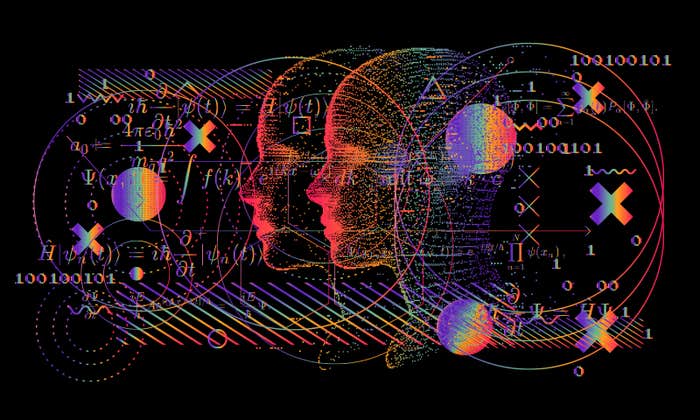One question for Michèle Belot, a professor of economics at Cornell University and president of the European Association of Labour Economists.

What makes someone forgettable?
I think everybody’s familiar with the situation where you meet someone on the street, and feel like, “I think I’ve met this person before” but can’t remember where. And it’s this “I can’t remember who that person is” that is really the key part. We found the most important thing is not just about remembering faces, it’s about remembering who the people are.
The theory is that somehow we might be lumping people together based on attributes, such as gender or race.
There are really two aspects to it. Some characteristics like being in the gender or racial minority in some settings actually helps you be more memorable. But we also know, building on previous research in psychology as well, that it is also the case that people are more likely to confuse individuals who are from a gender or racial minority with each other.
We studied this in two parts: One using data from a real setting from academic conferences. One month after the conference, we sent a questionnaire to the participants asking them to actually match pictures of people with the paper they presented as a multiple choice. That way we could see whether people were more likely to make a mistake confusing someone of the same gender, for example, if a person answers incorrectly but chooses a different woman. We found in that context, people from minority groups were more likely to be matched correctly to a title of a paper. But we also found that people were not necessarily able to name who the presenter was. So it might be that they were remembering it was a woman presenting, but they couldn’t really remember who that person was.
If we are aware of this, we can try to do something about it.
The second part of the study created a controlled version where we matched images of people with titles at random and could vary how many women or racial minorities they saw. Then we would look at how good people were at recall. And it was very clear that once women or racial minorities became a large fraction, you really have this confusion effect present.
And this is not the case for white men. It’s not the case that people are more likely to confuse men with each other—no matter what the respondent identifies as. We also did not find it was the case that, say, women were better at remembering other women.
From my own experience I realized that sometimes maybe I actually had an advantage because I am a woman. But on the other hand, I also had the impression that sometimes people were confusing me with other women. Similarly, I was also in the situation where I felt like sometimes I don’t remember exactly who people are. My concern actually started in the United Kingdom, where quite a substantial fraction of my students were East Asian, and I realized that I had trouble really individually identifying them. So I said, this is problematic because it obviously creates biases.
My concern was very much about the very important role social networks play in finding jobs and creating opportunities. For example, in academia, we rely a lot on our memory to decide who would be a good person to invite for a conference or who should be considered to give a keynote presentation or to even be considered for a job. So now the question is whether this phenomenon plays a role in that. And given how important social networks are, we suspect that this might actually be quite important.
The good thing about this, though, is that if we are aware of this, we can try to do something about it. For example, you can try to be more systematic. One thing we do, for example, for seminar invitations is instead of relying on memory, we also look through department listings to see who different faculty are working in that area. We try to be systematic in making a list of potential people we can approach—instead of approaching people we just remember. ![]()
Lead image: GoodStudio / Shutterstock




























